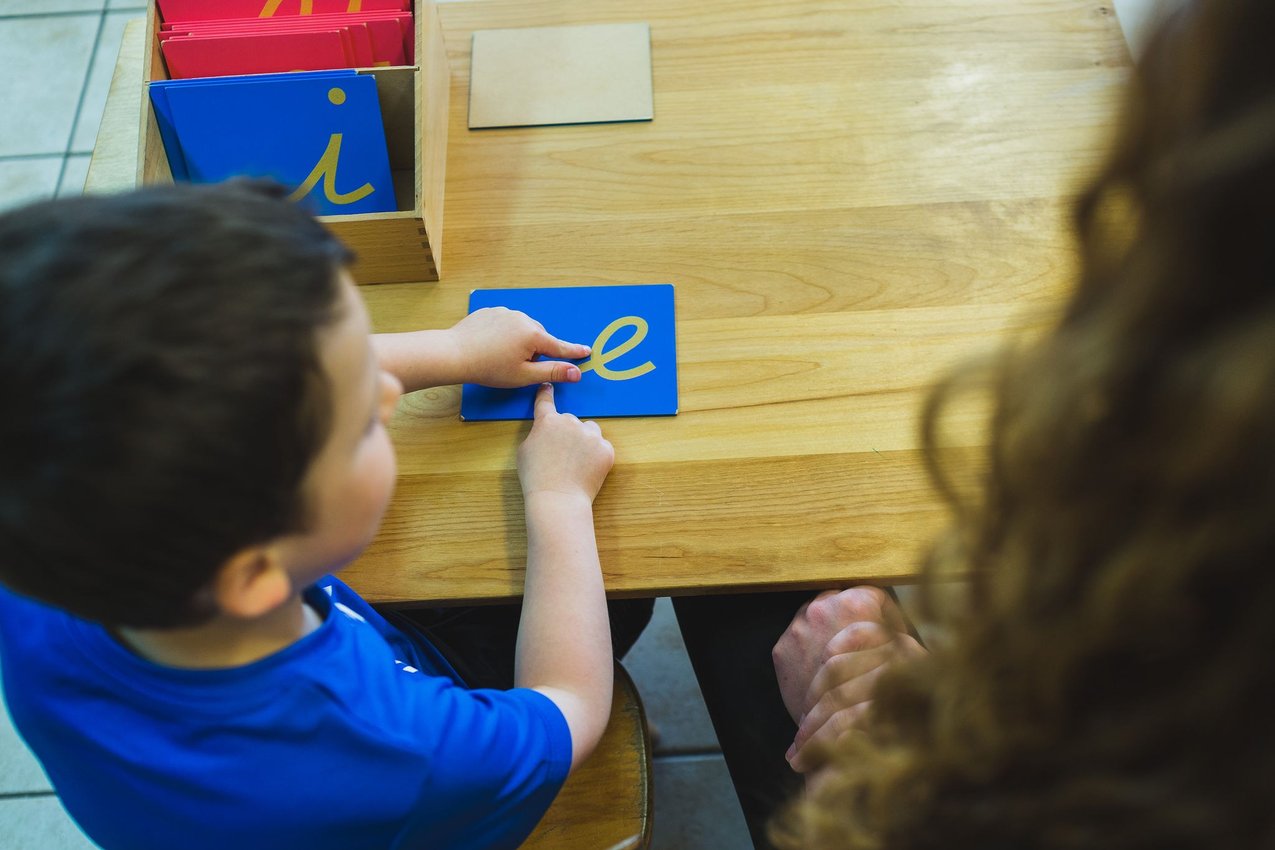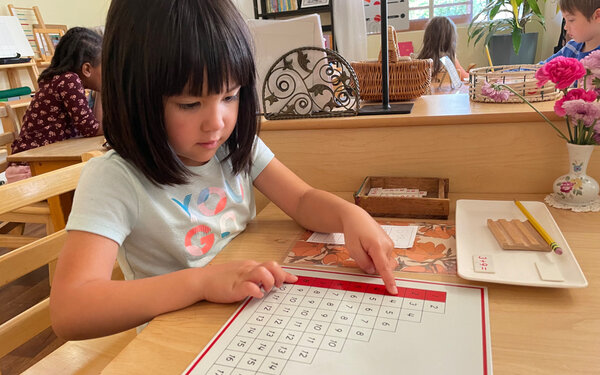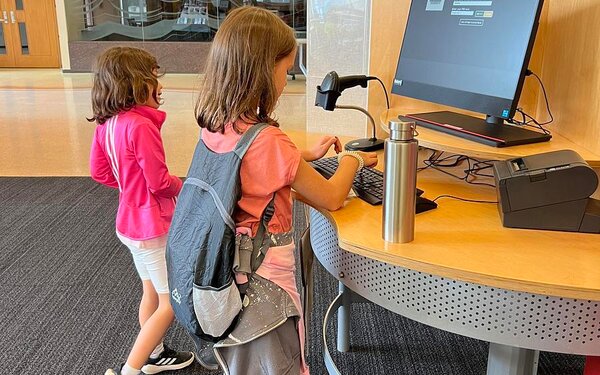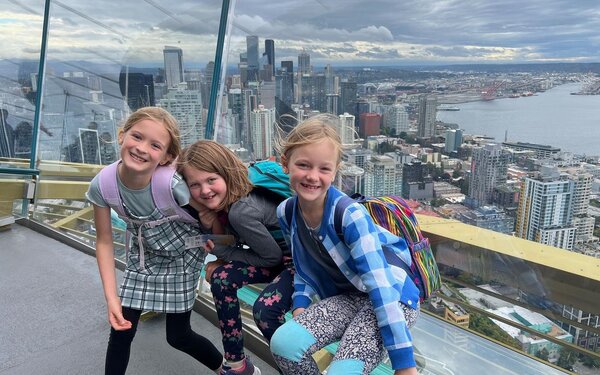
Three Tree Gazette
-

The Wonder and Importance of The Absorbent Mind
Read moreIn the early years of a child's life, the foundation for future learning is laid through what Maria Montessori described as the "absorbent mind." This unique and wondrous period of development, from birth to around age six, is when a child’s mind is at its most receptive, absorbing information from the environment with an ease and enthusiasm that is unmatched later in life.
-

Beyond the Classroom: Discovering Society Through "Going Out"
Read moreIn a Montessori elementary environment, “Going Outs” refers to the practice of taking students on excursions outside the classroom. The difference between a Going Out and a Field Trip is that a Going Out is with a few children from the class, where the children have planned the trip themselves.
-

Supporting Independence at TTMS
Read moreAs a new-ish parent, I find myself continually considering what I hope for my child when she is a grown adult. My wishes for her include being a kind person, having a strong sense of self, finding joy in life, and the ability to think and act independently.
-
Nurturing Grace and Courtesy in the Toddler Environment
Read moreWe often view our toddlers as babies and overlook their capability to learn various skills and the importance of them being a part of society. Young children thrive on structure and order.
-
Freedom and Limits in the Montessori Environment
Read moreTo cultivate an environment of balance and peace for children in the Montessori environment there need to be two key factors working hand in hand - freedom and limits.
-
The Prepared Environment
Read moreThe properly prepared environment of a Montessori classroom is of substantial importance in regards to the physical and psychological development of the children who are part of the community.
